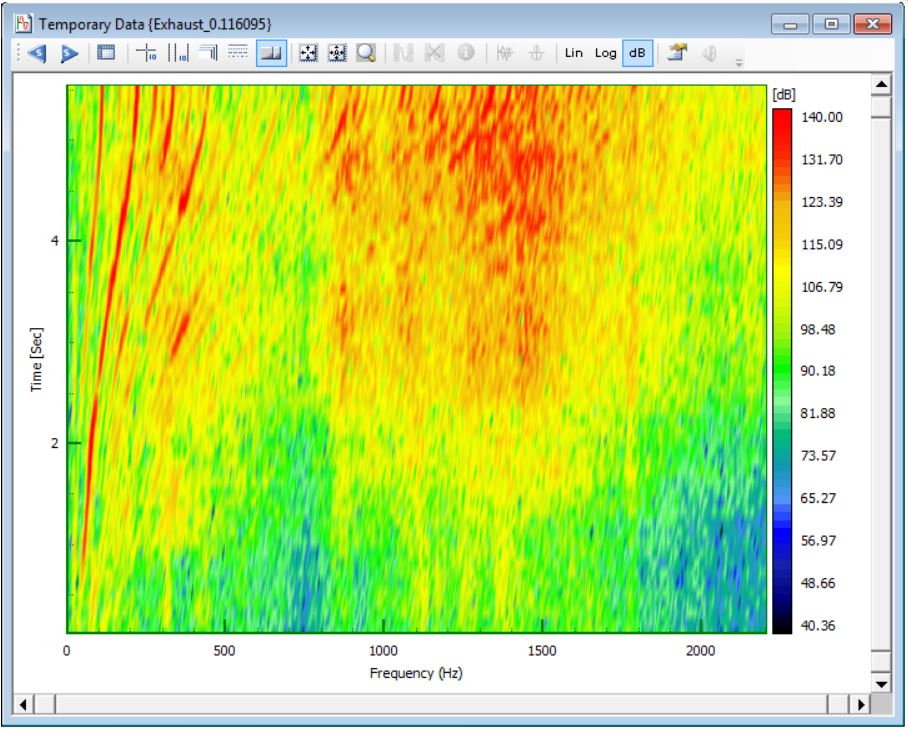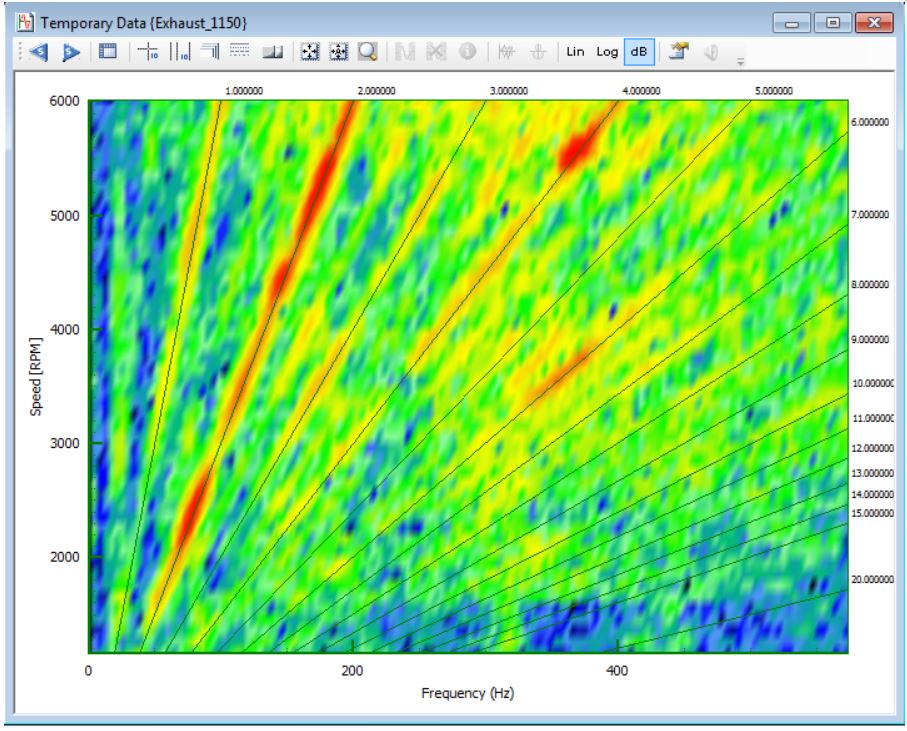First of all, excuse my little knowledge, I'm a computer programmer by trade and unfortunately have very little knowledge of physics, engineering, DSP but I'm willing to learn.
I would like to measure the quality of a road surface when riding on it on a skateboard. Basically I'd be interested in the smoothness of the road. For "smoother" roads, there should be little vibration, for less smooth roads there should be more.
Ideas I had so far is strapping the TI SensorTag 2 (CC2650) to the skateboard and recording the accelerometer graph during a ride and then taking those frequencies (fourier transform). Unfortunately, the maximum sampling frequency I can get from the SensorTag seems to be 10 Hz which seems way too little. My uninformed back of the envelope calculation is that I kind of need to detect 1cm large "potholes" and that I'm going about 10 km/h. So the frequency I need detect needs to be at least 277 Hz (10 km/h / 1 cm). Also I believe to derive the "degree of vibration" from that I need the velocity that I'm traveling. The question is where I'd get that from... Sure, I could integrate the acceleration data but that seems like it'd be quite imprecise. Also I could use the GPS on my phone for that but that seems rather imprecise too.
A friend of mine proposed a potentially simpler approach of recording the sounds the wheels create while riding. And then derive the degree of vibration from that. But I'd also need the travel velocity for that, right?
Does this make any sense? And if yes, what could be a good approach?
Many thanks!

